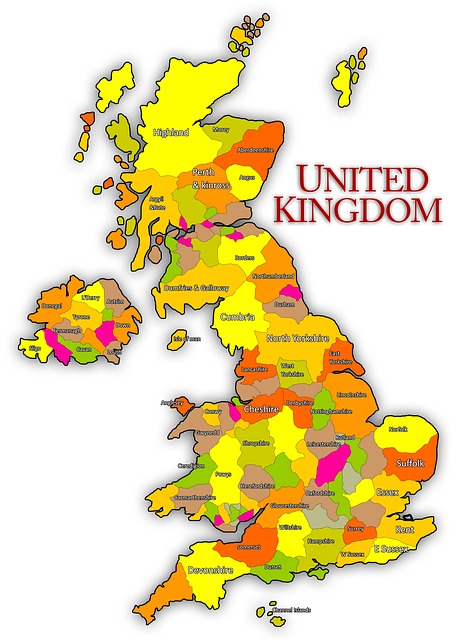Earlier this week, the US Centers for Disease Control and Prevention (CDC) issued an alert about the multi-drug resistant yeast, Candida auris.

British health authorities also reported on cases in England, including an ongoing hospital outbreak and issued guidance for the laboratory investigation, management and infection prevention and control for cases of Candida auris.
Candida auris is a yeast species first isolated from the external ear canal of a patient in Japan in 2009.
Candida auris is a pathogenic yeast species that has been reported to cause bloodstream infections, wound infections, and otitis. It has also been cultured from urine and the respiratory tract. Unlike other pathogenic yeast species, C. auris appears to have a propensity for transmission between hospital patients. It is commonly resistant to the first-line antifungal, fluconazole and can develop resistance to other classes of anti-fungal agents.
Pubic Health England reports:
Sporadic cases of C. auris have been identified throughout England since August 2013, with a total of 12 isolates among 8 patients sent to the Public Health England (PHE) Reference Mycology Laboratory. Since April 2015, an adult critical care unit in England has been managing an outbreak of C. auris, with more than 40 patients either colonised or infected; approximately 20% with candidemia. The hospital outbreak has been difficult to control, despite enhanced infection control interventions, including regular patient screening, environmental decontamination and ward closure. In addition, 2 further positive isolates have been identified at the PHE Reference Mycology Laboratory in 2016 which were submitted from another hospital in a different region; investigations are ongoing to identify if there are any further cases. Of note, one of these isolates is phenotypically distinct to the outbreak strain.
In addition, they address the drug resistance:
Although there are no official breakpoints for antifungal susceptibility testing of this species, applying those derived from infections with other Candida species, resistance to fluconazole was common in isolates internationally and in all those isolated to date from the UK. However, resistance to the 3 main classes of antifungal drugs (azoles, echinocandins and polyenes) has been described. As this species can evolve rapidly to develop resistance, susceptibility testing is recommended on all isolates from invasive disease and should be repeated on later isolates if infection persists despite treatment.
Related:


3 thoughts on “Candida auris: Emerging fungal pathogen in England”